
Why do so many tech companies have so much trouble thinking outside the “box?”
Sure, the right catchy name for your startup or app can make all the difference in cutting through the noise and finding success. And coming up with an original name can be devilishly difficult. But what’s really behind the love affair many companies seem to be having with the word “box?”
Here’s a quick rundown of 8 companies that built their corporate identity or their product around the same 3-letter word. Are we missing any?
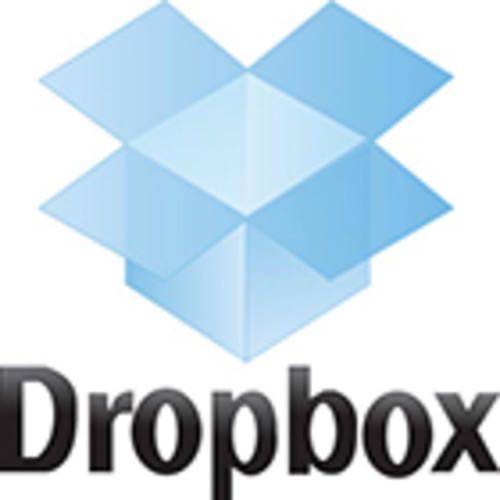
Dropbox
Let’s start with the one maybe even your mother knows about: Dropbox. Founded in 2007 by Drew Houston, Dropbox got its early footing through startup incubator Y Combinator, launching a year later at TechCrunch50. It’s safe to say that while it certainly wasn’t first to the tech table in terms of using “box” in its name, it’s come to represent the consumer file repository that many people think of as their personal flash drive in the cloud. After all, Houston came up with the idea one day when he forgot his USB thumbstick for a class at MIT. Following a number of acquisitions and steady growth – and a current valuation of around $4 billion – many in the industry speculate that Dropbox might go public this year.
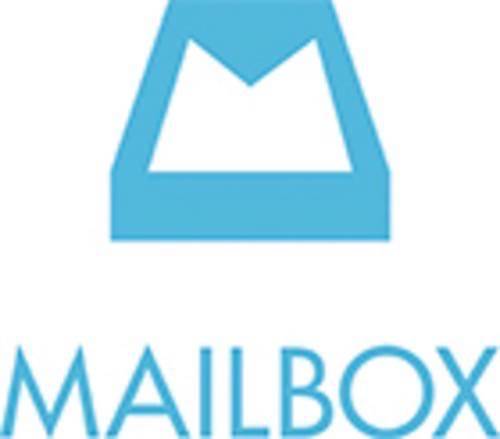
Mailbox
One such acquisition by Dropbox was made just last week, as the
company scooped up another box-related company
– iOS email app
(Okay, Dropbox actually acquired the company that makes Mailbox, called
, but this was really all about the box). Just to note, there were six uses of the word “box” in that last sentence. Mailbox is an email optimization app that urges users to bring their inbox down to zero, and to categorize every new piece of mail by time-based priority. With Mailbox under its wing, Dropbox could be poised to be the one box to rule them all.

Box
You can’t any more “box”-y than Box. Founded in 2005 by Aaron Levie and longtime friend Dylan Smith, Box (originally Box.net) is often seen as the Dropbox for enterprises. In true startup fashion, it was incorporated while the two ran the whole thing out of Smith’s parent’s garage. The company now sits at a valuation between $1.2 and 1.5 billion. What does Box do that differentiates it from Dropbox? The companies seem to naturally cater to different bases: Box focuses on the corporate sector and its need for huge amounts of storage, while Dropbox puts its emphasis on raking in a huge pool of regular customers. Box is also planning an IPO in the near future, though early speculations are betting Dropbox will take the first-to-go-public crown.
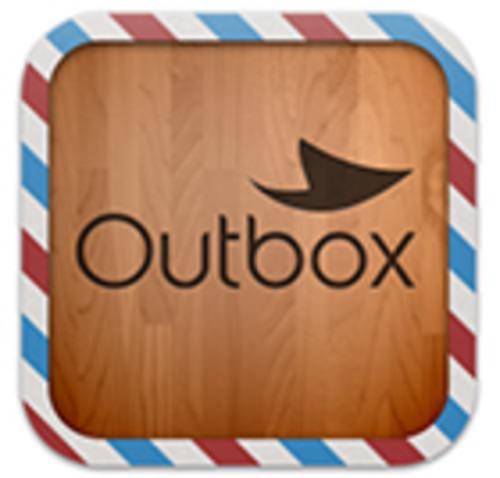
Outbox
Just last month, Outbox made its debut in San Francisco after a 6-month beta period in Austin, Texas. Another company trying to cash in on snailmail-meets-email, Outbox is the digital answer to the problem of junk mail, traveling and physical mailboxes. Basically, Outbox customers have their mail picked and scanned for them. But can Outbox truly disrupt the U.S. Postal Service? Is this a solution in search of a problem, and does anyone really want to pay someone to stand between them and their mail? Despite Outbox’s best efforts to outline its insurance policy, many people still worry about the security issues of someone else opening their mail.

FuzeBox
But wait, there’s more! In the field of business-oriented voice and video conferencing, there’s Fuzebox. Founded way back in 1998 as CallWave, the Web- and mobile-based communication platform didn’t begin calling itself Fuzebox until 2009 – after years of declining sales and falling stock. The rebranding seems to have helped, as the company now has a whole suite of video conferencing products – Fuze Meeting, Messenger, and Telepresence Connect. One positive sign: last week FuzeBox nabbed Skype’s former director of product management.
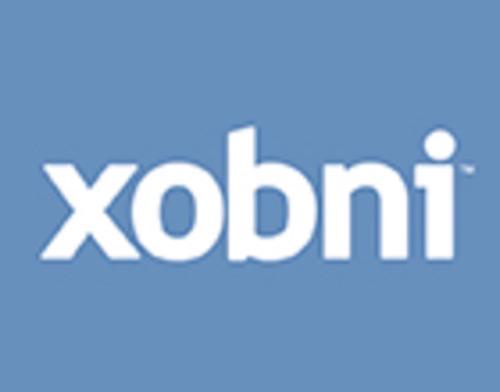
Xobni
Turns out there’s more than one way to spell “box.” Xobni is Inbox spelled backward. This Y Combinator-funded startup was launched out of a dorm room in Cambridge, Mass. in 2006 by Adam Smith and Matt Brezina. Xobni began as a plugin for Microsoft Outlook, giving users fast contact-based email search. After launching a public beta in 2008 and adding Yahoo! VP Jeff Bonforte as CEO, Xobni tried to overcome what many critics saw as performance issues with large inboxes and investors concerns of monetization. After Microsoft rejected a $20 million acquisition deal, Xobni was forced to revamp its applications under a new suite called Smartr.
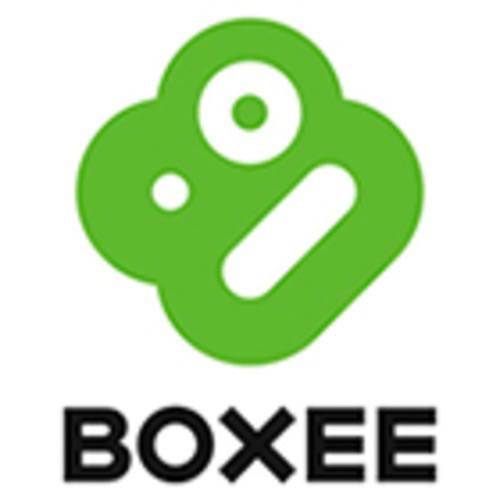
Boxee
Last but not least, we have Boxee, a company that has nothing to do with email, snail mail or cloud storage. In fact, Boxee’s name is a take on the set-top box, and the company is a bundle of streaming devices, social-network software applications and a slew of other TV-based services that aim to help users rate, share and recommend all kinds of media. Launched into beta in 2008, Boxee didn’t get its own hardware until 2010, when the Linux-based Boxee Box (wow!) was developed in conjunction with D-Link and released as an all-in-one media center equipped with a browser and a rather impressive app collection. Just last fall, Boxee stripped that down to Boxee TV, a more Roku-esque take on the simple streaming device.
Know of any more box-related tech companies we may have missed? Share them in the comments – along with your favorite box puns.

















